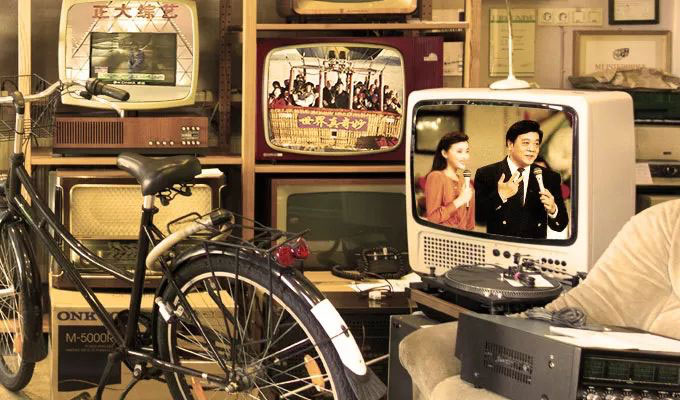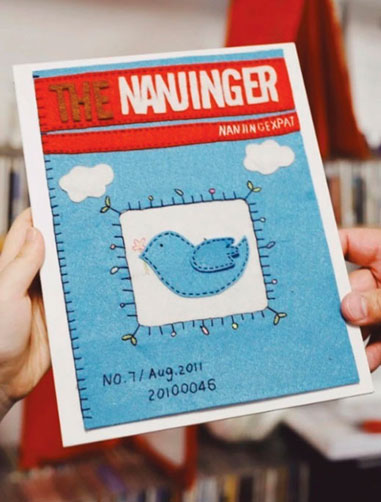Entertainment television shows in China have experienced profound change over the last 30 years. From the beginning of the 1990s to the present, China’s entertainment shows have experienced different stages of development, such as Hong Kong-Taiwan influenced, Europe influenced and Korea influenced. Note the lack of anything homemade.
In 1990, the “Zhengda” (正大综艺) TV show was not only a pioneering work in introducing the Hong Kong-Taiwan TV show mode to the mainland, but was also the first such program in China, since television began in 1958. More and more of these Hongkong-style TV shows started popping up, programmes such as “Happy Camp” (快乐大本营), made by Hunan TV, which became a cultural symbol of the era. Even today, Happy Camp is one of the nation’s favourite shows, with no less than 10 million viewers.
The second stage, featuring the European style model, brought in quiz shows, such as CCTV’s “Lucky 52” (幸运52) and “Happy Dictionary” (开心辞典), or talent shows such as “Super Girl” (超级女声) and “Voice of China” (中国好声音), which still have far-reaching influences today. Indeed, the appearance of Super Girl was a significant milestone for China’s television industry, as it was the first time that the audience could take part in the programme by sending messages to support the participants they liked, feeling like they can influence destiny.
Despite being tremendously popular, very few people were aware that China had actually copied the ideas for such programming from other countries. That is, until the prevalence of Korean reality shows, including “Running Man” (跑男) and “Where Are We Going, Dad?” (爸爸去哪儿?). Possibly on account that Asian countries share similar values and cultures, these Korean shows are more appealing to Chinese audiences. In the past few years, such shows have had a near monopolistic position in China’s entertainment television sector, which caused massive arguments online, with the shows criticised as having “no creativity”.
At the same time, China has been trying to figure out a new model, one of its own making, resulting in a fourth type of entertainment TV and the upsurge in shows such as “Reader” (朗读者) and “National Treasure” (国家宝藏). That these are regarded as a breakthrough in the whole industry, since they promote traditional Chinese culture, says a lot about the standard of that which has gone before.
Even so, given the average level of development in China’s cultural and entertainment industry, there remains a lack in much of the necessary and professional talent; screenwriters, spectroscopists, editors, etc.
Largely as a result, many so-called “China Original” TV shows still imitate TV in Europe, especially Britain, to varying degrees. There is still a long way to go until we see truly original Chinese entertainment TV shows, especially any of the sort that lack an extreme nationalistic theme.











